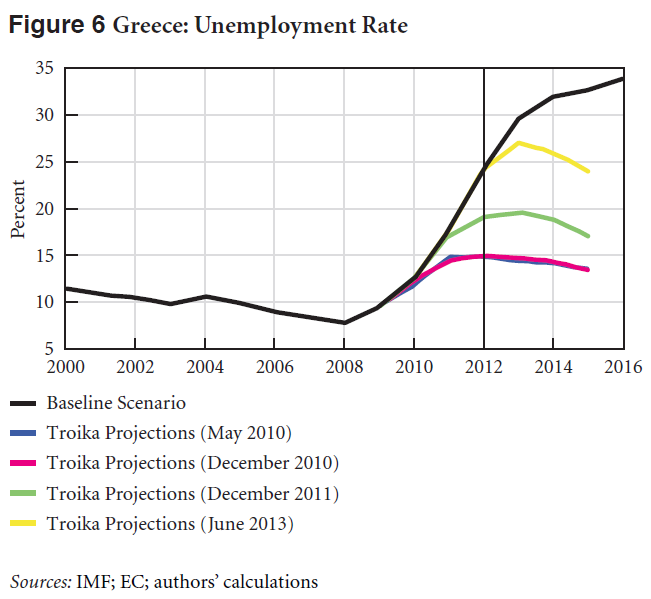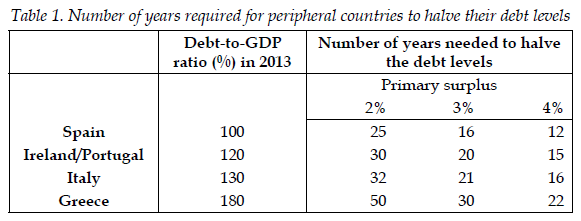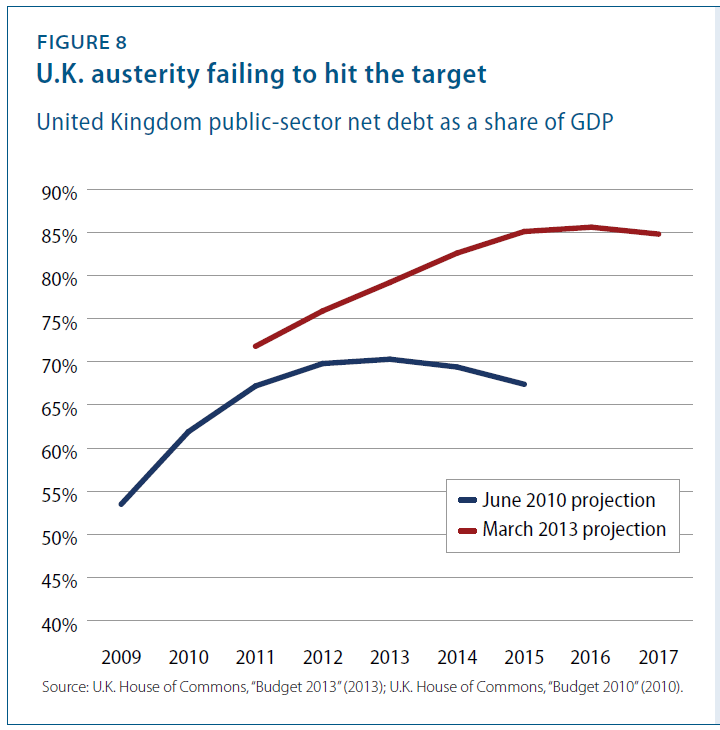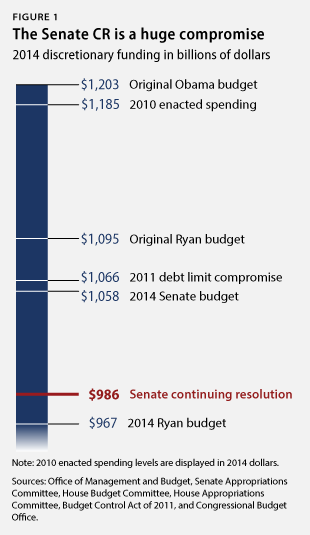Flash from the Past: Why QE2 Wouldn’t Save Our Sinking Ship
Here’s a piece I published in HuffPost back on Oct 18, 2010. A flash from the past – three years ago – predicting that QE2 would prove to be as impotent as QE1 had been. And here we are, folks. No recovery in sight–at least once you get off Wall Street.
We’re now set–yet again – to go off the fiscal cliff. Some have begun to talk again of the Trillion Dollar Coin – an idea President Obama has again rejected. He fears it would get tied up in the courts. So what? That would take years to settle.
Or perhaps he doesn’t want to break the logjam. Politically, he’s winning while the Republicans self-destruct.
However, here’s a better idea. We’ve got museums and national parks shut down. Why not sell them to the Fed? We can find a few trillion dollars of Federal Government assets to sell – and the Treasury can pay down enough debt to postpone hitting the debt limit for years. Heck, if we run out of Parks and Recreation facilities to sell, why not have the Fed start buying up National Defense? How much are our nukes worth? That should provide enough spending room to keep the Deficit Hawk Republicans and Democrats happy for a decade or two.
Have you ever been inside one of the Fed’s buildings? Nice, huh? Good place to display art and artifacts. There’s little doubt that the Fed knows how to put on a good show. (Note I was recently in Colombia and found that the central bank does own and run museums – and does an excellent job. When you’ve got the magic porridge pot, you can afford good housekeeping.) Imagine the Fed running the National Parks. Without budget constraints! Fine wine served at every campfire. Flushing toilets – not those smelly old pits. And hot showers. Mints left on pillows before you turn in for the night. Hot espresso with your wake-up call. Bullet train to the top of Half Dome.
And the Fed has pretty safe safes – good places to store the nukes. Call me crazy, but I think I’d feel a bit more comfortable with either Uncle Ben or Aunt Janet with fingers on the triggers than most of our past, present or future presidents.
OK, enough of that. Here’s my 2010 piece:
Why QE2 Won’t Save Our Sinking Ship continue reading…







 ShareThis
ShareThis